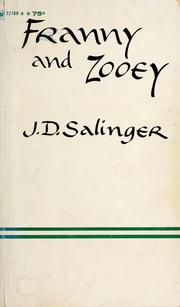


It’s almost impossible to find any one of the small smoke-filled Tehran coffee shops that hasn’t played Pink Floyd’s Dark Side of the Moon at least once this week. In Iran, certain Western artists are exalted to mythic proportions. Mehrjui, who was educated in the United States and studied at UCLA, no doubt read Salinger throughout his schooling there, if he hadn’t already done so in his homeland. In 1995, Mehrjui released his film Pari, a composite of Franny and Zooey and “A Perfect Day for Bananafish,” from Salinger’s Nine Stories. And this is how the Iranian director Dariush Mehrjui-one of the premier auteurs of Iran’s New Wave cinema-seized the opportunity that no Western filmmaker could. While many countries have agreed to international standards such as the Berne Convention, which affords foreign artists the same copyright protections countries offer to their own artists, Iran has not. The virtually nonexistent relations between the United States and Iran extend to their copyright relations. Yet in the nineties, a gap in international copyright laws enabled one unlikely director to slip through the cracks. copyright law ensures that intellectual property is protected for the lifetime of the author plus an additional seventy years. The infamously litigious estate has fought off the many Western filmmakers who have wanted to adapt Salinger’s work and likely will continue to do so for some time: U.S. Salinger, who have been just as unyielding as the author himself. The current trustees of the Salinger estate include his widow, Colleen M. He refused to sell any more film rights, and he successfully fought a series of copyright-infringement lawsuits over the unauthorized adaptation of his works in film and in any other medium. In Salinger’s opinion, Goldwyn missed the point entirely in the campy and hyperromanticized 1949 Hollywood feature My Foolish Heart.įrom that moment on, Salinger vowed to never have his work adapted to the screen again. The story, first published by T he New Yorker in 1948, offers a scathing portrait of upper-middle-class American society. Salinger’s own profound aversion to the industry began when he sold the film rights to his short story “Uncle Wiggily in Connecticut” to the producer Samuel Goldwyn. If there’s one thing I hate, it’s the movies. Of his brother D. B., Holden says, “Now he’s out in Hollywood, D. B., being a prostitute. Holden Caulfield launches into an invective against the industry on the second page of The Catcher in the Rye. Salinger’s opinion of Hollywood, one needn’t look much further than his stories.

I had a bad experience in Hollywood once. By Sasha von Oldershausen ApArts & Culture


 0 kommentar(er)
0 kommentar(er)
